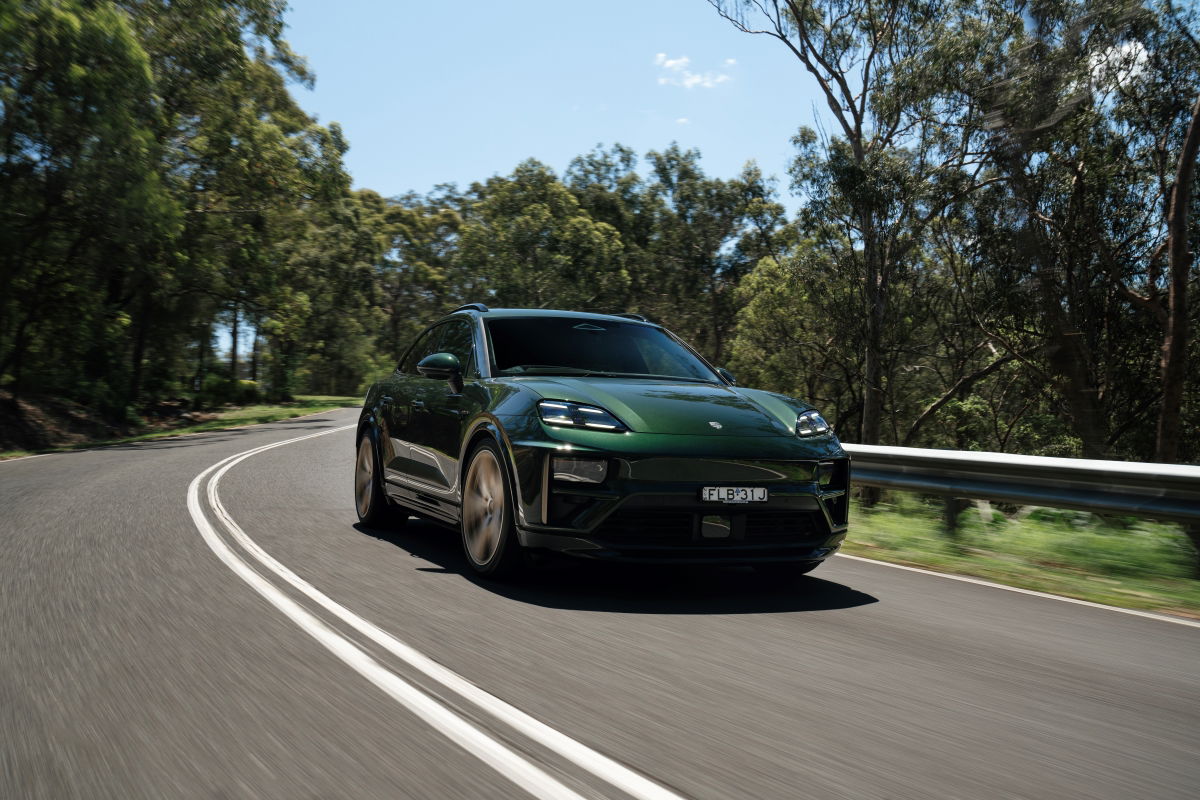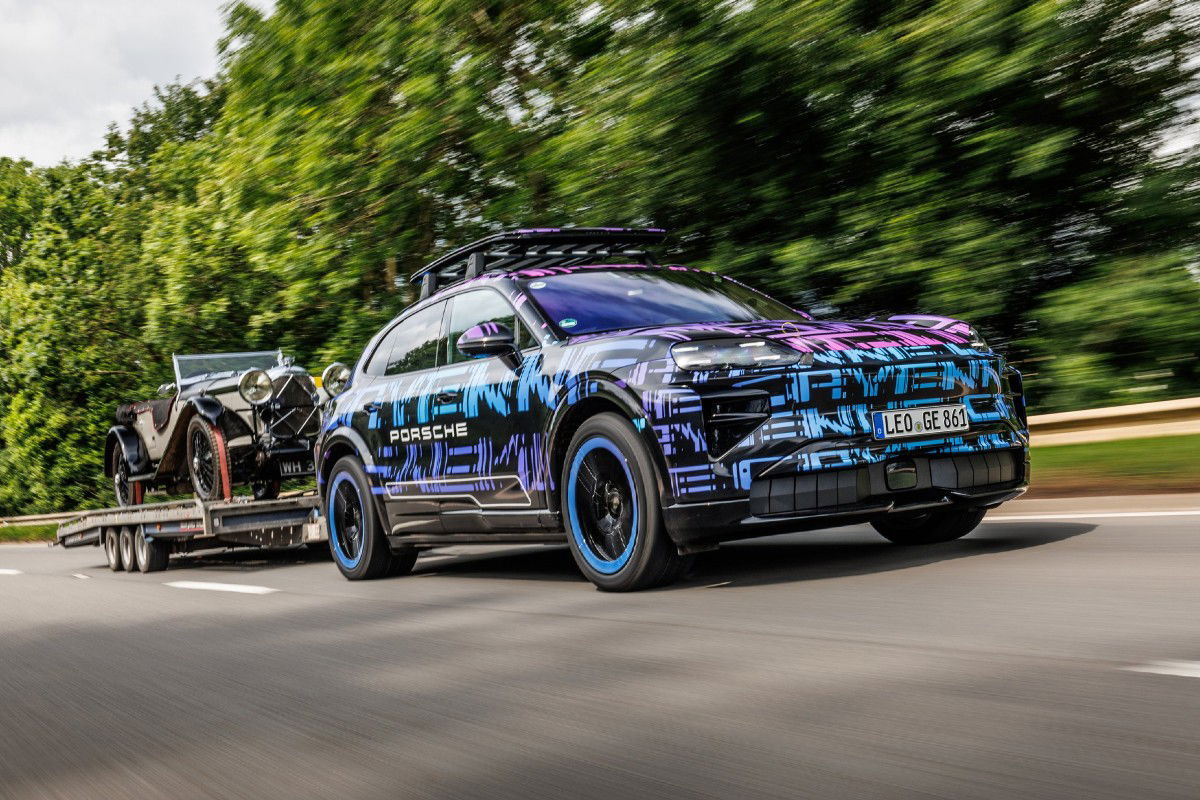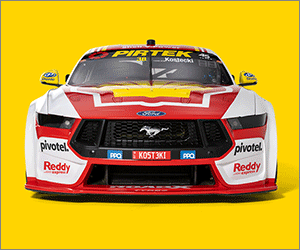Overnight, Porsche announced it will no longer “expand the production of high-performance batteries”, previously set to be handled by its subsidiary Cellforce Group.
Instead, the firm will realign its focus to battery cell and system development, meaning its initial 1GWh factory in Kirchentellinsfurt and a following volume plant won’t go ahead.
“With the construction of the factory in Kirchentellinsfurt in 2022, we have set an exclamation mark in the industry and for Germany as a business location,” said Dr. Michael Steiner, member of Porsche’s executive board for research and development.
“Unfortunately, the market for electric vehicles worldwide has not developed as originally thought. The framework conditions have changed fundamentally and we have to react to them.

“It is with great reluctance that we take this step, and we are aware that the employees of the Cellforce Group have put their heart and soul into the development of high-performance batteries. My special thanks go to them. In the end, however, we have to conclude that the planned business model is not economically viable.
“We will continue to invest in all-electric models with high-performance batteries in the future. The new R&D unit can play an important role in this. Here we bundle our experience in the development of high-performance cells and also contribute this to the Group.
According to reports from Germany, approximately two-thirds of the Cellforce workforce will be laid off, with Porsche saying it’ll provide “socially responsible support for staff reductions”. Some of the employees will be given employment opportunities with the Volkswagen Group’s battery competence centre, PowerCo.
It’s the latest blow for Porsche, which has been facing multiple EV-related setbacks in recent years.
The Taycan electric sedan is not selling at the rates it was once expected, the now all-electric Macan SUV is facing the same fate and could be joined by a petrol-powered counterpart, and the battery-powered 718 twins (Cayman and Boxster) have been delayed.
In the first half of 2025, Porsche claims overall market-wide sales of electrified vehicles – encompassing EVs, hybrids and plug-in hybrids – reached 57 per cent in Europe, against just 36 per cent globally.
However, the brand itself is facing a downturn in sales across key markets such as the US and China.
“Porsche is one of the most successful traditional car manufacturers in the transformation to electric mobility,” Porsche CEO Dr. Oliver Blume said.
“However, due to challenging conditions, particularly in our main markets of the USA and the not yet developed Chinese electric luxury segment, we are reorganising our battery activities and focusing on cell and system development.
“For volume reasons and a lack of economies of scale, Porsche is no longer pursuing its own production of battery cells. Electromobility will remain an essential drive technology for our sports cars in the future.”












Discussion about this post